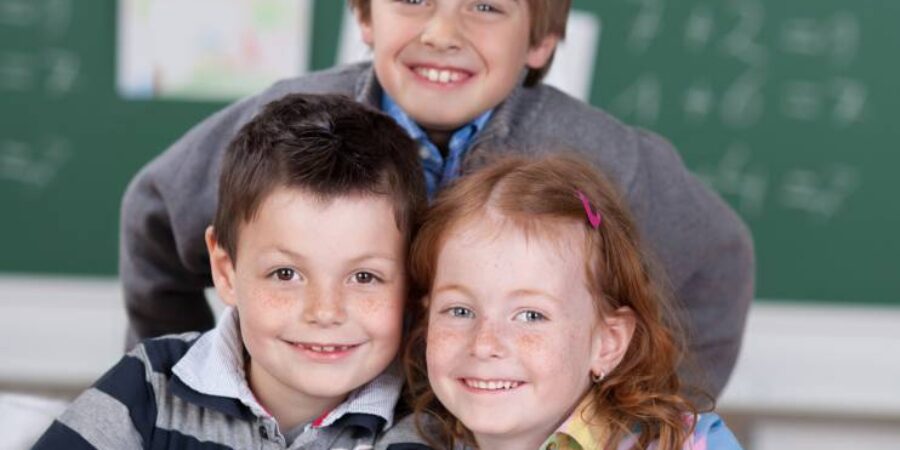Media Releases
Helping our kids to get happier, is the challenge ahead.

Sometimes, people are inclined to be critical of schools and teachers. But, give these people a few days in a classroom teaching 20 to 30 children, and they quickly change their minds!
Teaching is an incredibly rewarding career, but it can also be one of the most stressful and challenging. It is certainly one of the hardest jobs in the world.
One of the most challenging aspects is the process of trying to help students learn at an optimum level, while at the same time managing the dynamics of the classroom.
As a teacher himself, Bendigo psychologist Ivan Honey has worked with teachers and schools for over forty years. He has seen huge changes, including the abolition of corporal punishment in 1984, and the introduction of the Integration Program to support children with special needs.
Over the past 20 years, Ivan has seen the need to go beyond simply focusing on behaviour management and compliance in learning.
His goal has been to develop a process to help schools to deliberately create a mentally healthy culture. He devised The Get Happier School, a Social and Emotional Learning curriculum, that supports children, teachers and parents.
Older people may remember schools as a controlling system based on punishment and reward. Today we know that trying to force or manipulate kids into learning or behaving responsibly will rarely work or produce quality outcomes.
On the other hand if we are permissive there are no clear guidelines and the classroom becomes chaotic.
The goal has been to develop a process to help schools to deliberately create a mentally healthy culture.
Phycologist Ivan Honey
We know there is a better way. When children learn the skills for responsibility and happiness, where they feel connected, empowered, have plenty of choices and see purpose in what they do, learning becomes fun and meaningful.
Children learn that they have the right and responsibility to meet their needs, but not at the expense of preventing others from meeting their needs. In a co-operative and harmonious environment, children learn the skills to regulate their feelings in ways that do not harm themselves or others.
They learn effective strategies to solve problems and discover their unique gifts and styles so they can set goals and plan for success. They practice these skills daily and develop ways to add to the culture of happiness by helping make their school a happier place. When parents, teachers and children work together to achieve this, they create a happier school.
Not a perfect school but one where everyone has the mindsets and the resources to work together to get the best outcome.
